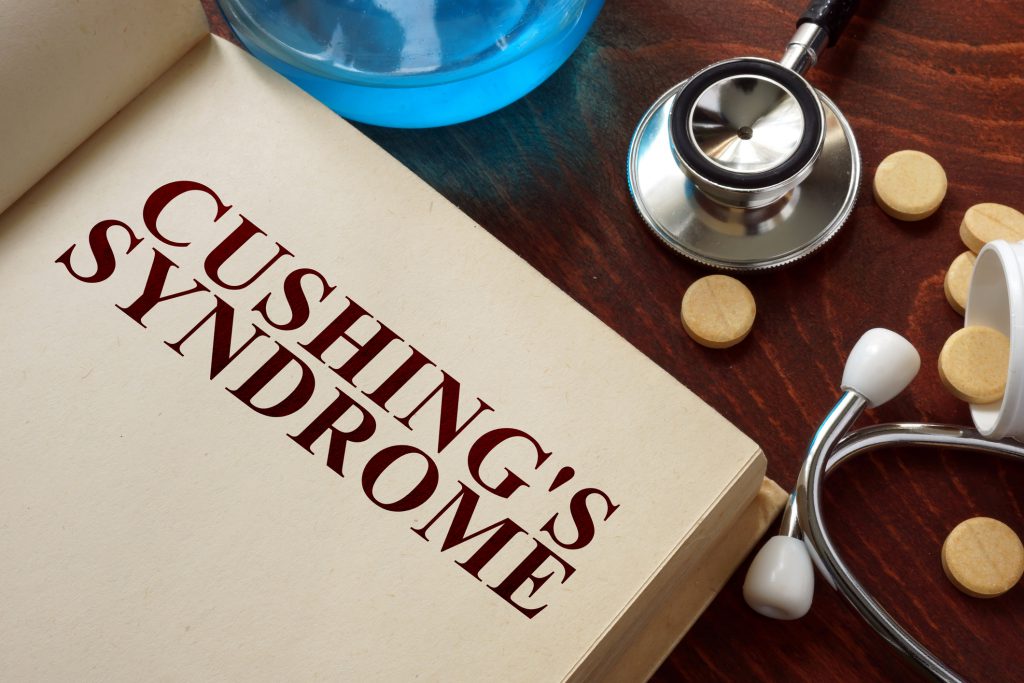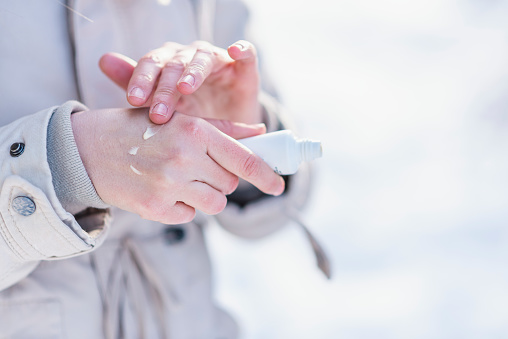
When the body is exposed to high levels of the stress hormone cortisol for extended periods of time this leads to a condition known as hypercortisolism, or Cushing syndrome.
High levels of cortisol in the body can occur as a result of ingesting oral corticosteroids or the body producing too much of the hormone in the adrenal glands.
Why would the body produce too much cortisol? It may be due to a tumor on the pituitary gland which leads to an over production of adrenocorticotropic hormone (ACTH) that stimulates the adrenal glands. This is more common in women than in men. It can also be due to a noncancerous tumor of the adrenal gland which causes an excess production of cortisol.
The medications that contain steroids are used to treat asthma, inflammation, rheumatoid arthritis, lupus. patients who have had organ transplants are also given steroids to reduce the risk of complications.
Signs and symptoms of Cushing syndrome include:
- Weight gain
- Buffalo hump ( fatty tissue deposits between the shoulders)
- Moon face ( fatty tissue deposits in the face)
- Thinning of the skin
- Slow healing of wounds
- Severe fatigue
- Depression
- Headache
- Bone loss
- Weakness
- Acne
- High blood sugar levels
Diagnosing Cushing syndrome is done by several methods. A 24 hour urine test may be performed to test levels of cortisol, a dexamethasone suppression test which involves taking a low dose steroid pill at night and then checking the blood levels for it in the morning, and a salivary cortisol level test which measures the level of cortisol in the saliva at night.
Treatment depends on the cause of the condition. If a person is taking in too much cortisol, it may have to be reduced. If a person is producing too much cortisol, ruling out a tumor is important. It is possible to cure Cushing syndrome, and if a complete cure isn’t possible, there are ways to at least control it. If you would like to schedule an appointment with a physician at Jamaica Hospital Medical Center, please call 718-206-7001.
All content of this newsletter is intended for general information purposes only and is not intended or implied to be a substitute for professional medical advice, diagnosis or treatment. Please consult a medical professional before adopting any of the suggestions on this page. You must never disregard professional medical advice or delay seeking medical treatment based upon any content of this newsletter. PROMPTLY CONSULT YOUR PHYSICIAN OR CALL 911 IF YOU BELIEVE YOU HAVE A MEDICAL EMERGENCY.



